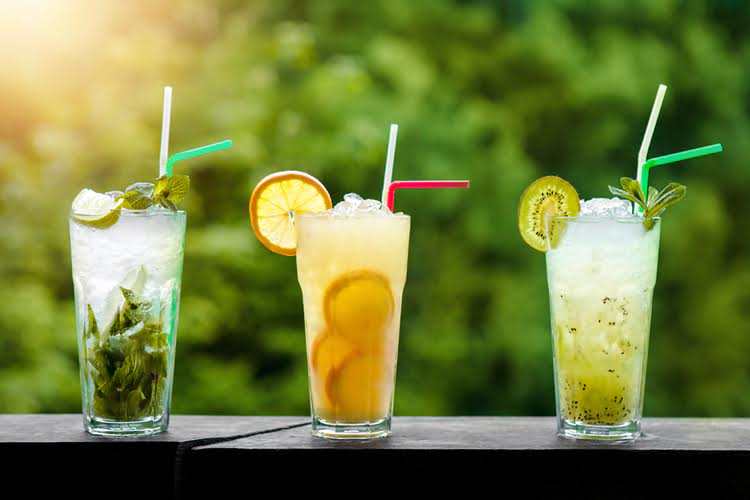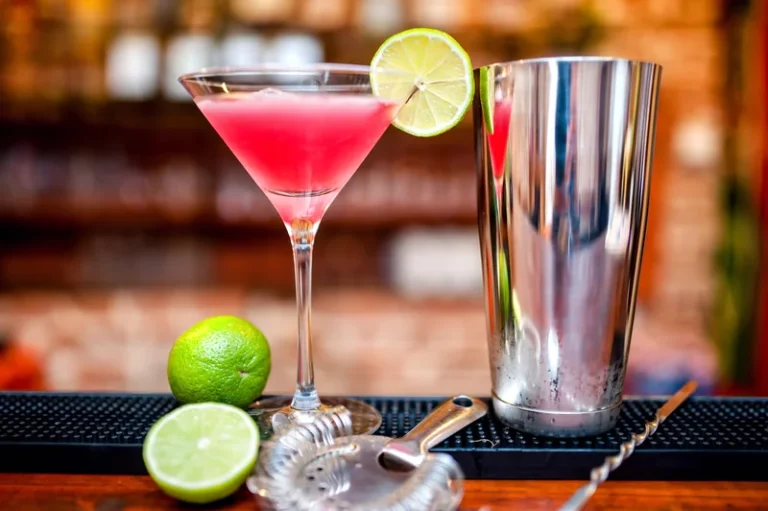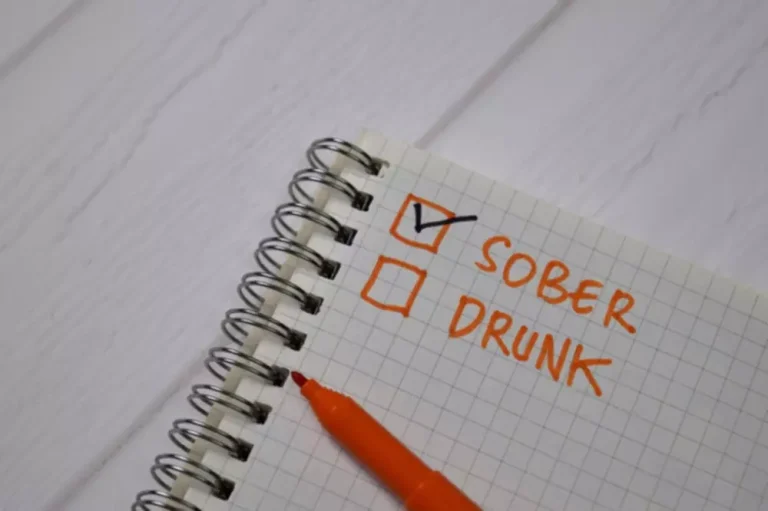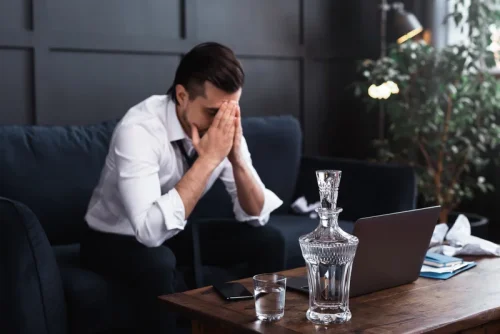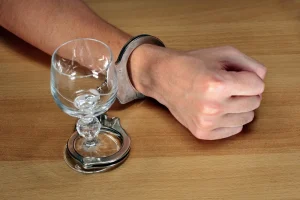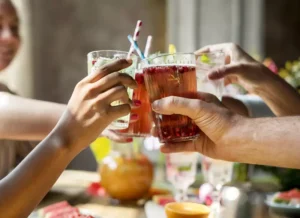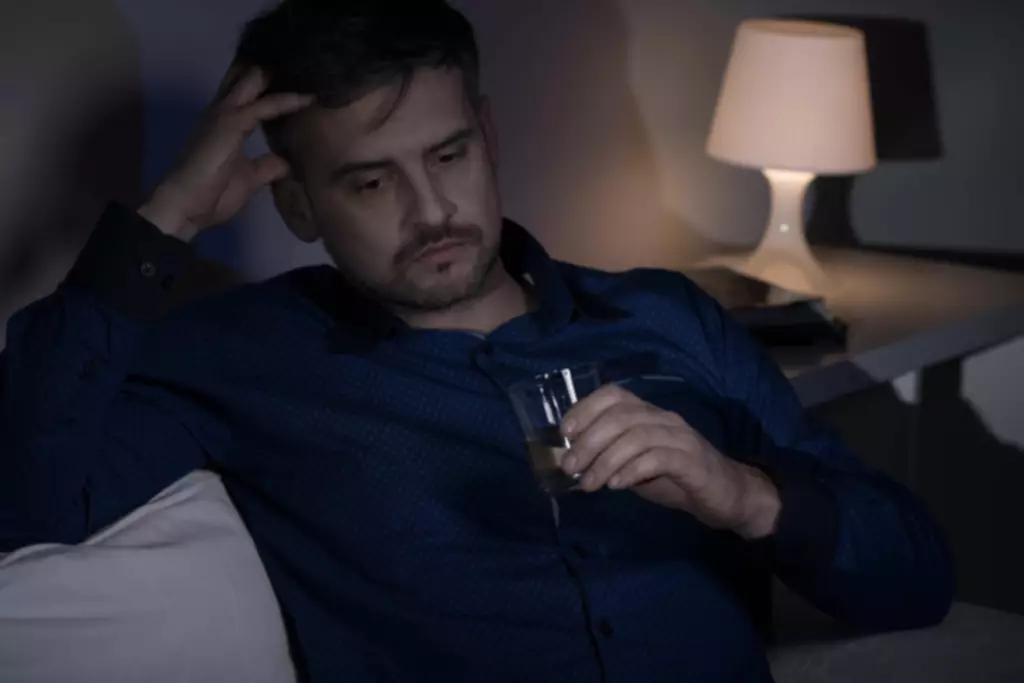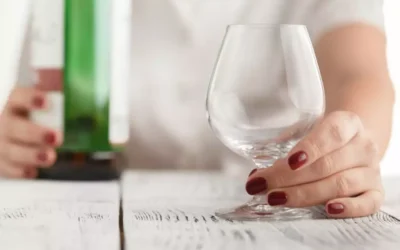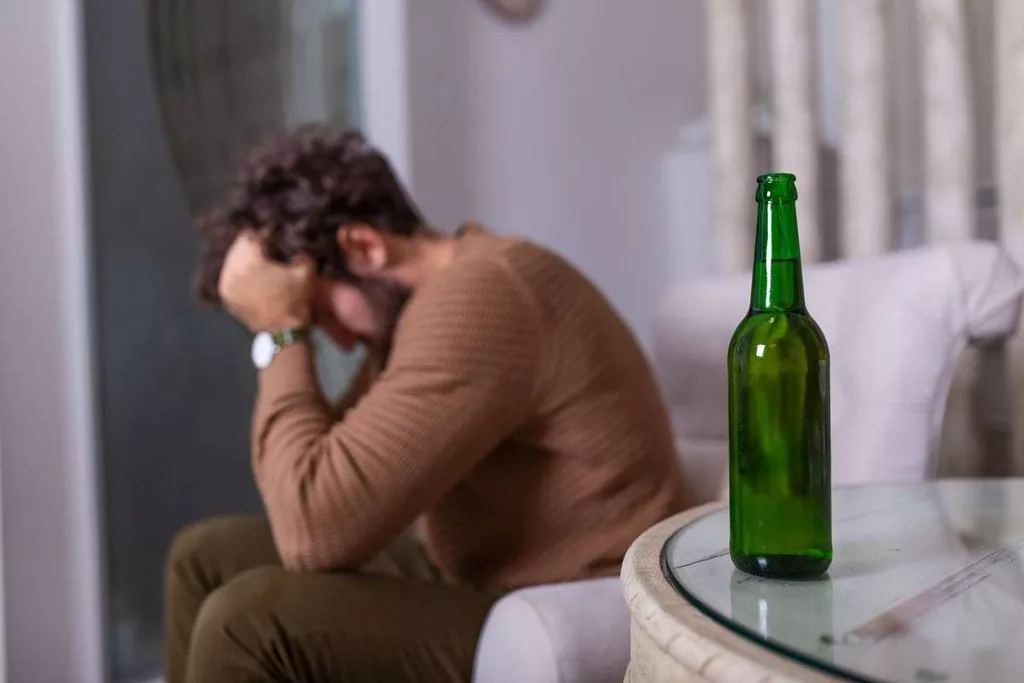New reporting shows that the sober living home scandal resulted in 40 more deaths
If you or someone you know is considering a sober living house, HealingUS is here to guide you every step of the way. Remember, recovery is more than stopping substance use—it’s about building a thriving, fulfilling life. With the right support, a sober living house can be the first step toward a strong, independent future. Given these struggles, men-only homes usually focus on early treatment, mental health support, relapse prevention, and aftercare programs. Several factors determine length of stay, such as the severity of the addiction, a person’s history of substance abuse, their recovery progress, ability to follow rules and ability to pay rent.
You could consider reaching out to staff at a rehabilitation center you have previously attended for a referral. Rehabilitation centers, also known as treatment centers, are institutions that provide therapeutic, medical, and holistic treatments that enable you to learn about and tackle your addiction. Residents can rent rooms indefinitely and commute to their everyday work A Guide To Sober House Rules: What You Need To Know and social commitments.
Phone, Video, or Live-Chat Support
The fraud flourished for years under the state’s American Indian Health Program, a Medicaid insurance option for tribal citizens that allowed providers to set their own reimbursement rates. This fee-for-service model, established as a result of federal requirements, aimed to ensure coverage for Native Americans living in areas not typically served by insurance companies. But with no limit on how much they could bill, some behavioral health providers claimed tens of thousands of dollars for a single counseling or treatment session. The deaths, almost all from drug and alcohol use, span from the spring of 2022 to the summer of 2024, according to a review of records from the Maricopa County Office of the Medical Examiner. Over half died as officials ignored calls to address lax oversight later shown to have contributed to thousands of patients being recruited into sham treatment programs. Halfway houses are often a step between prison and regular life, while sober living houses are focused recovery spaces that people choose to help them stay sober.
Remember, the road to recovery is paved with challenges, but in a sober living home, you’re never walking it alone. Whether it’s finding your footing in the world again or building a network of support, these homes are there to guide and support you every step of the way. So if you’re ready to take that brave step toward sobriety, know that sober living homes are ready to welcome you with open arms and a path forward. Sober living homes are transitional living spaces for individuals recovering from drug and alcohol addiction. These homes serve as a bridge between an inpatient facility and the real world.
- However, Taylor said tribal nations awarded funding could use the funds to provide compensation, remediation, or supportive housing for those affected by the crisis.
- Since most states don’t regulate sober living homes like they do with treatment facilities, it’s important to do your research.
- Residents may choose to use an SLH to transition from the structured, therapeutic lifestyle of rehab to the outside world.
- The agency would later find more than 13,000 unlicensed providers eligible to receive Medicaid reimbursements, though only a fraction were behavioral health or accused of wrongdoing.
- At the same time, records show, the human toll of the crisis was escalating.
The 5 Stages of Recovery from Addiction
The Arizona Republic last year also reported that a medical director at the agency became concerned in 2021 about unsafe behavioral health settings. A sober living house can be a valuable support for people in recovery, providing stability, accountability, and a sense of community. These homes help residents create a new, sober life while receiving support from others who are also in recovery. Whether you’re coming from a rehab program or just need a supportive place to stay sober, understanding what a sober living house offers can help your recovery. The services, rent, rules and living conditions at sober living homes vary from place to place. Some homes are part of a behavioral health care system where residents live next to a rehab clinic, participate in outpatient therapy and have access to the clinic’s recreational activities.
Sober living homes usually house only same-sex residents and require residents to complete either a detox program or an inpatient rehab program before moving in. Additionally, residents must agree to a number of rules when they move in. Establishing a sober lifestyle is difficult during the early stages of recovery.
Is a New Mississippi Law Decreasing Jailings of People Awaiting Mental Health Treatment? The State Doesn’t Know.
If you return to your home environment—whether it’s stable and supportive or not—it’s crucial for you to follow your aftercare plan to ensure you continue to get the support and help you need. Calls to any general helpline will be answered or returned by one of the treatment providers listed, each of which is a paid advertiser. The main difference between Level 2 homes and Level 1 homes is with the way that they are governed.
Jeffrey Hustito responded that he was fine, though that fall he also cried on a phone call with his sister and told her that he hated where he was. He was homesick and said he wanted to return home for an annual tribal ceremony. The Mayor’s Office for Economic Opportunity uses evidence and innovation to reduce poverty and increase equity.
Level 3 is best for those who need a moderate degree of supervision and some structure
A small association fee is often required to maintain membership in the affiliate’s network. The first Oxford House was opened in 1975 in Maryland when the founder’s halfway house closed due to funding cuts. Since then, homes operating under the Oxford House model have https://thecinnamonhollow.com/a-guide-to-sober-house-rules-what-you-need-to-know/ spread across the country – as of 2012, there were 1,500 homes. It’s always a good idea to check with your insurance provider to see what’s covered and if you need pre-authorization. Once you have identified the causes and triggers of your addictions, as well as going through detox, you can work together with professional therapists and counselors to devise and follow a bespoke treatment plan.
The NARR functions by certifying regional networks (referred to as “affiliates”) which then certify individual residences. People in recovery receive peer support and accountability in a level-one sober living home. Residents may choose to engage in community support groups, counseling, and anything else to help them stay sober. Incorporating sober living homes into your recovery journey can significantly increase your chances of long-term sobriety.
- It has been nearly two years since the predatory practice that intentionally targeted Indigenous people by offering them shelter, food and rehabilitation help they never got was exposed and state officials moved to shut it down.
- We encourage everyone to reinforce positive lifestyle changes through adventure, support, and peer feedback.
- Differences between the two can stem from funding, length of stay, and requirements to apply to live there.
- In a letter sent the day after Hustito died, officials accused Beyond4Wallz of billing excessively for services that could not have been provided to patients.
- A 2006 study published in the American Journal of Public Health found that most Oxford House residents stayed more than a year, but some residents stayed more than three years.
Are you covered for treatment? Find out now.
The goal of many halfway houses is to reduce recidivism among felons using supervision. However, some halfway houses are designed to reduce drug relapse rates for high-risk individuals leaving incarceration. One of the most challenging times for someone recovering from drug or alcohol addiction is when they leave a residential treatment center and head back to their daily life. Without the supervision and structure of a treatment program, a person in recovery can be tempted to return to old habits. The risk of relapse is particularly high in the first few months following treatment.
Residents pay rent to live there at a value similar to renting privately in the local area. As individuals pay rent and expenses, there is generally no time limit on how long they can stay. The facilities are usually pleasant and can include private rooms and bathrooms.
A variety of other studies have also found that sober living homes appear to be an effective component of the recovery process. Most residents find a job to pay out of pocket or set up a payment plan with the home. Some sober living homes are covered by private insurance, government funding or Medicaid. Some residents also pay for sober housing through scholarships, loans or credit cards. In other homes, counselors or case managers visit on a regular basis to provide in-home services.
